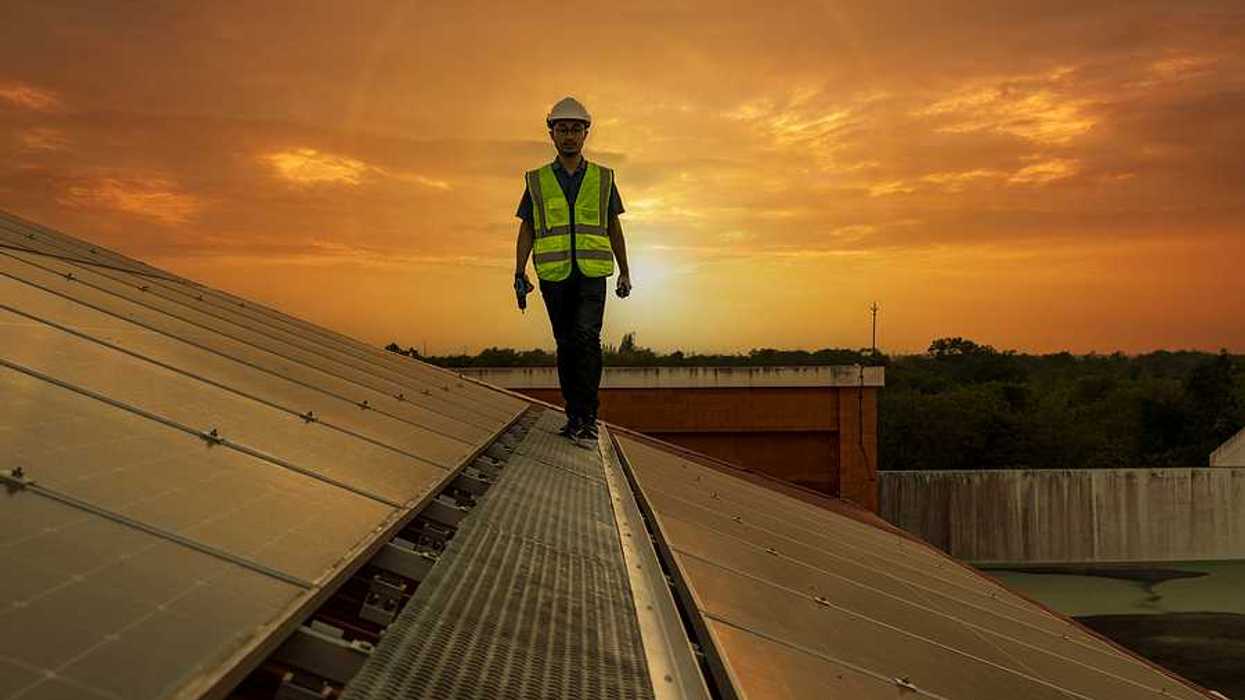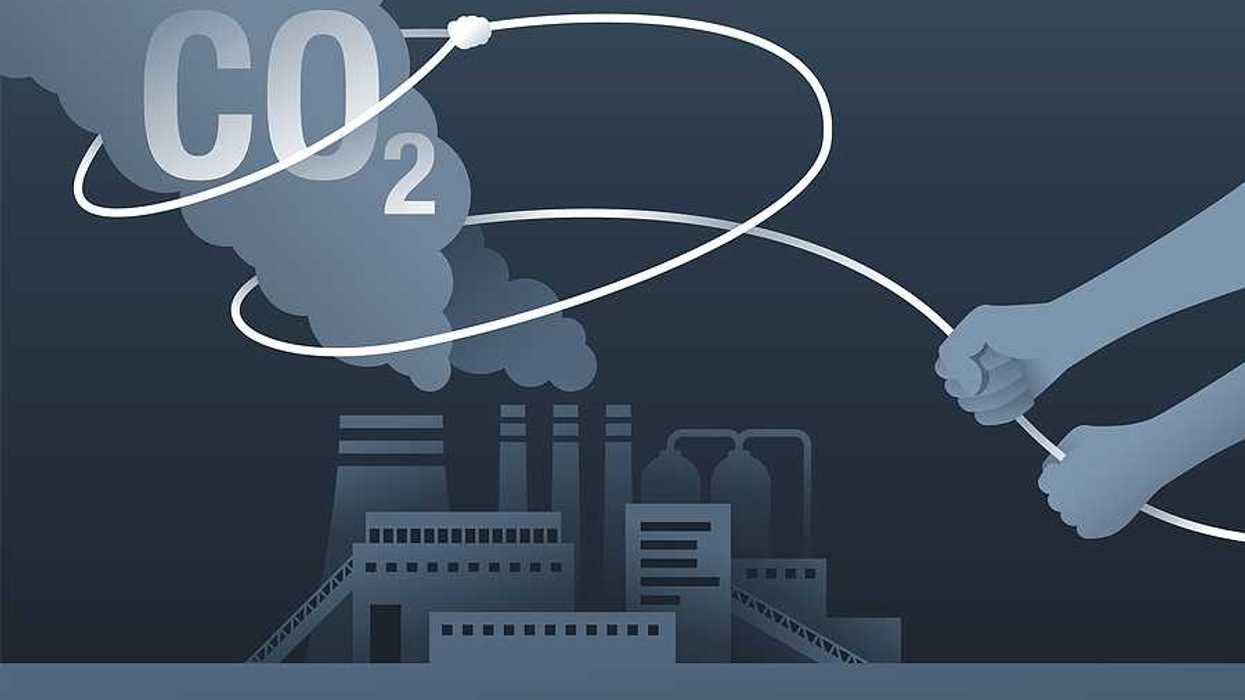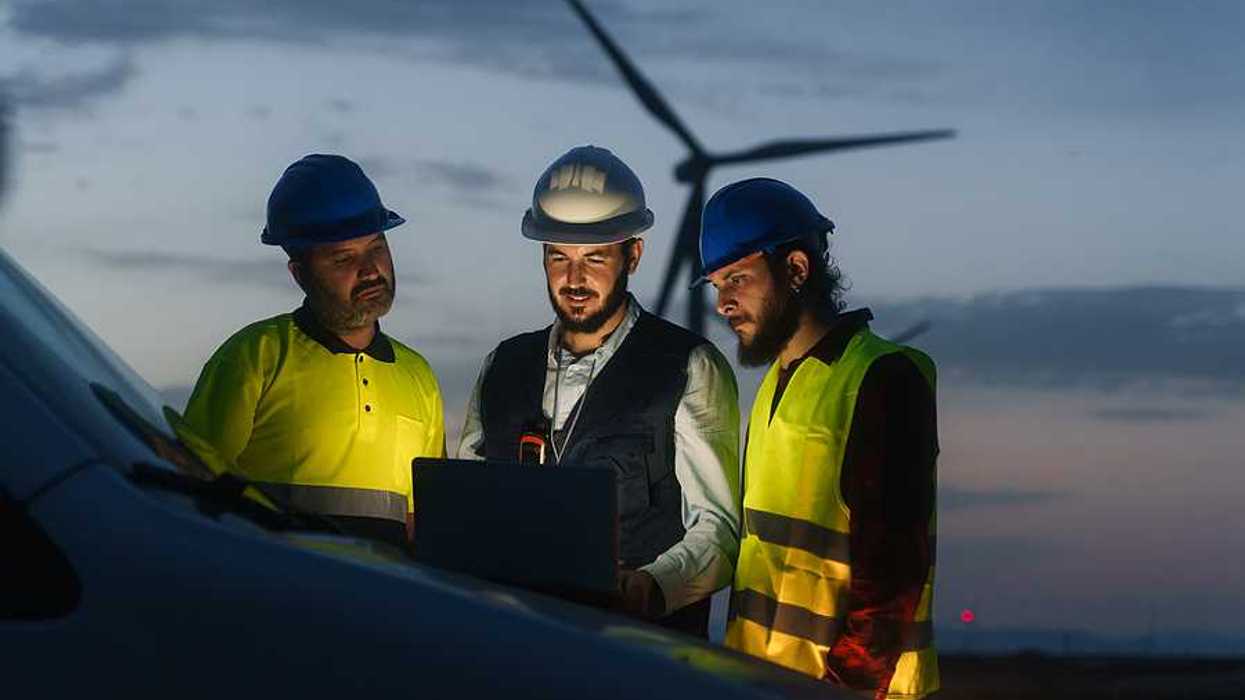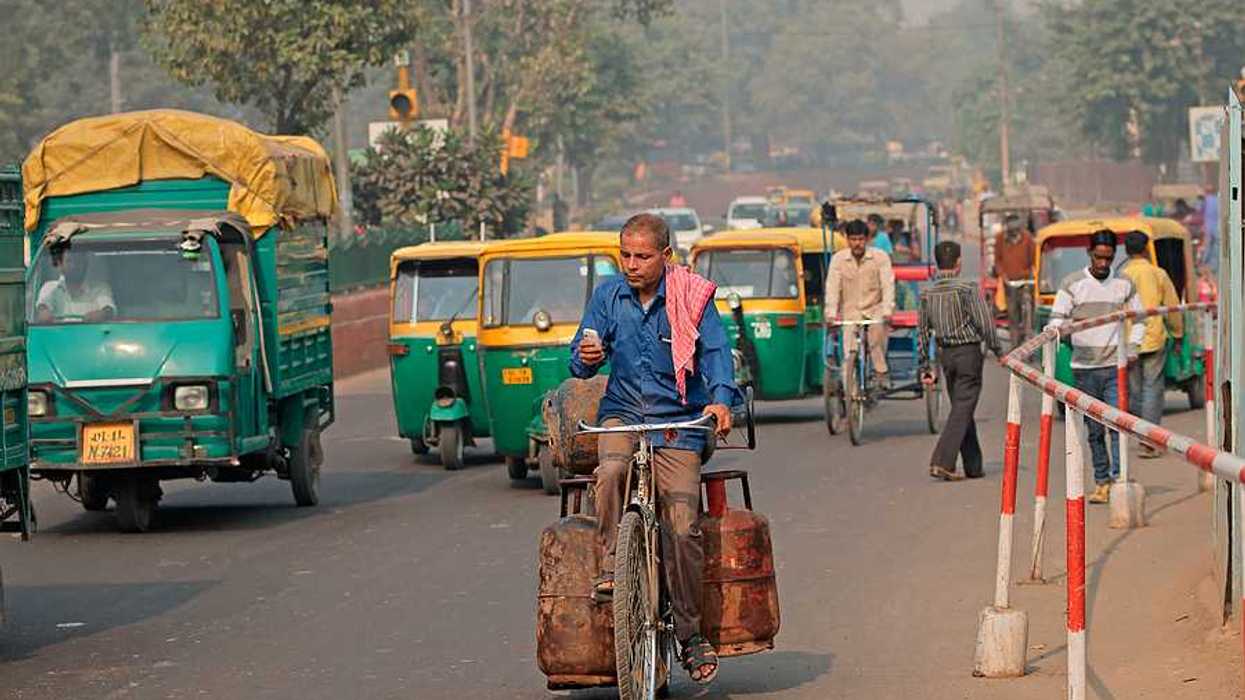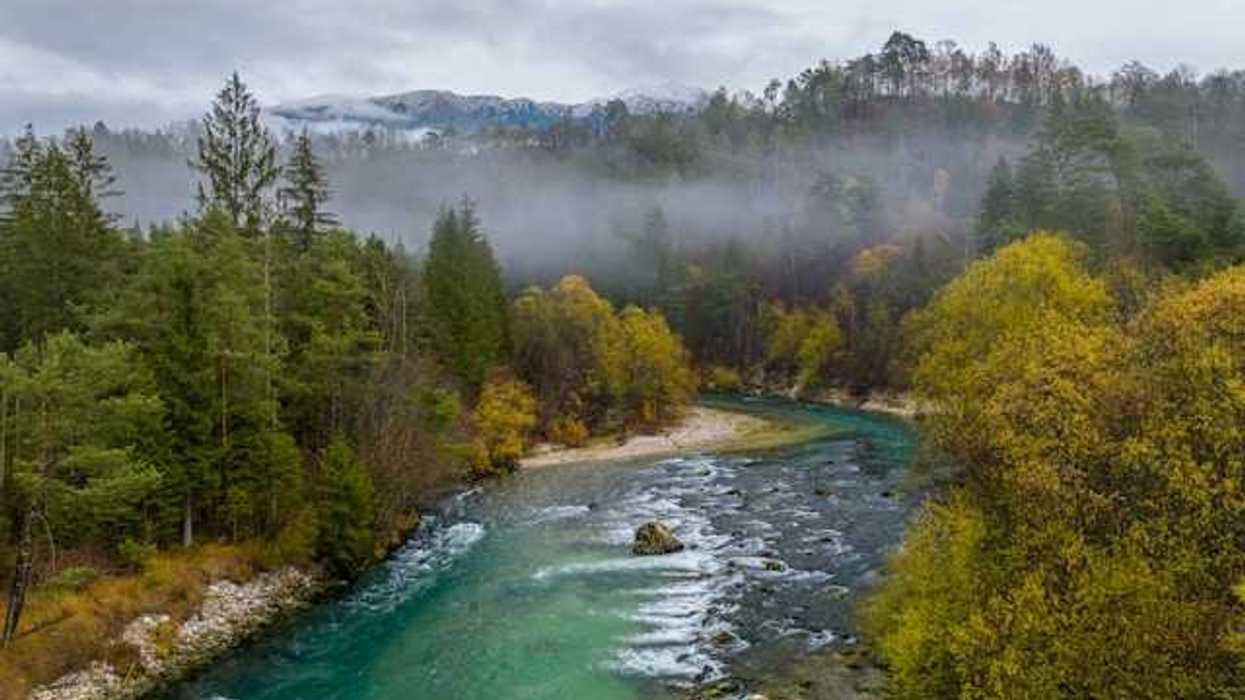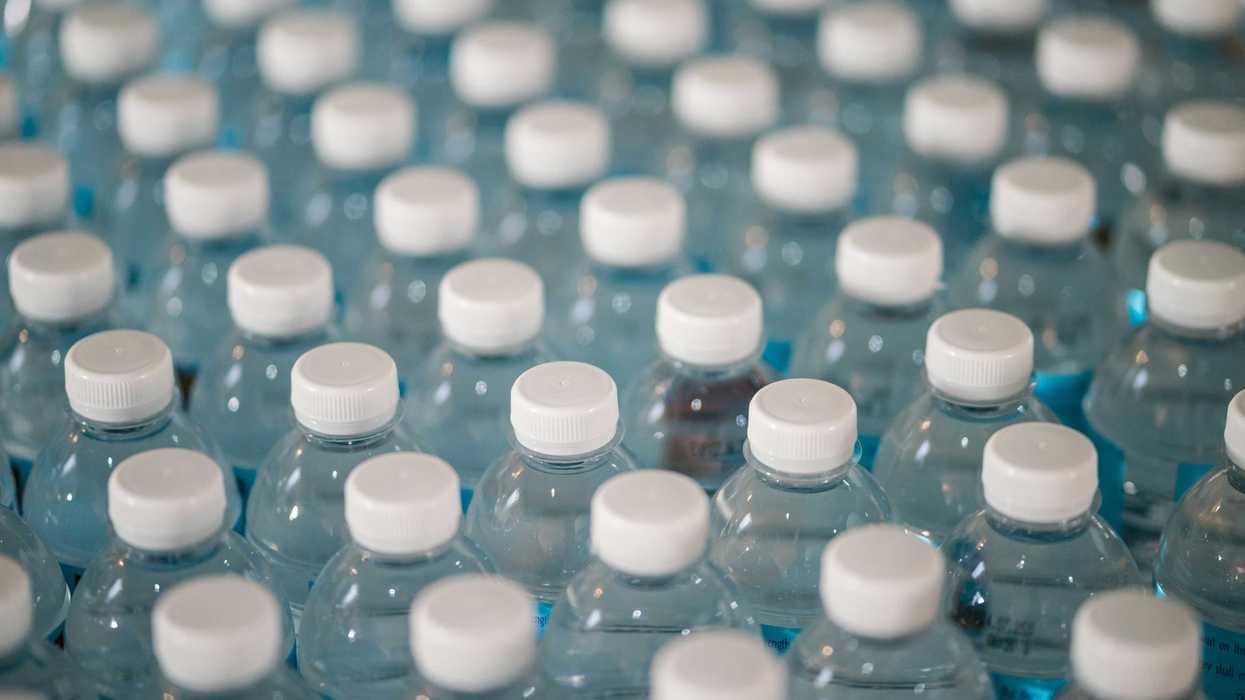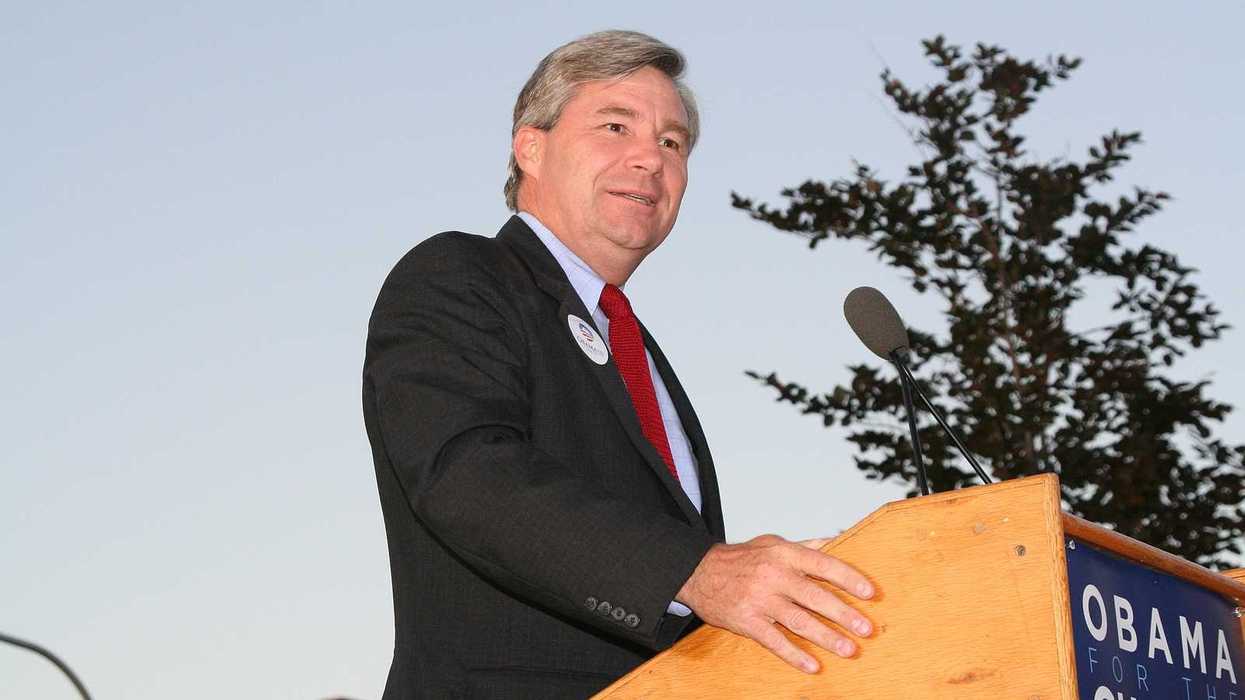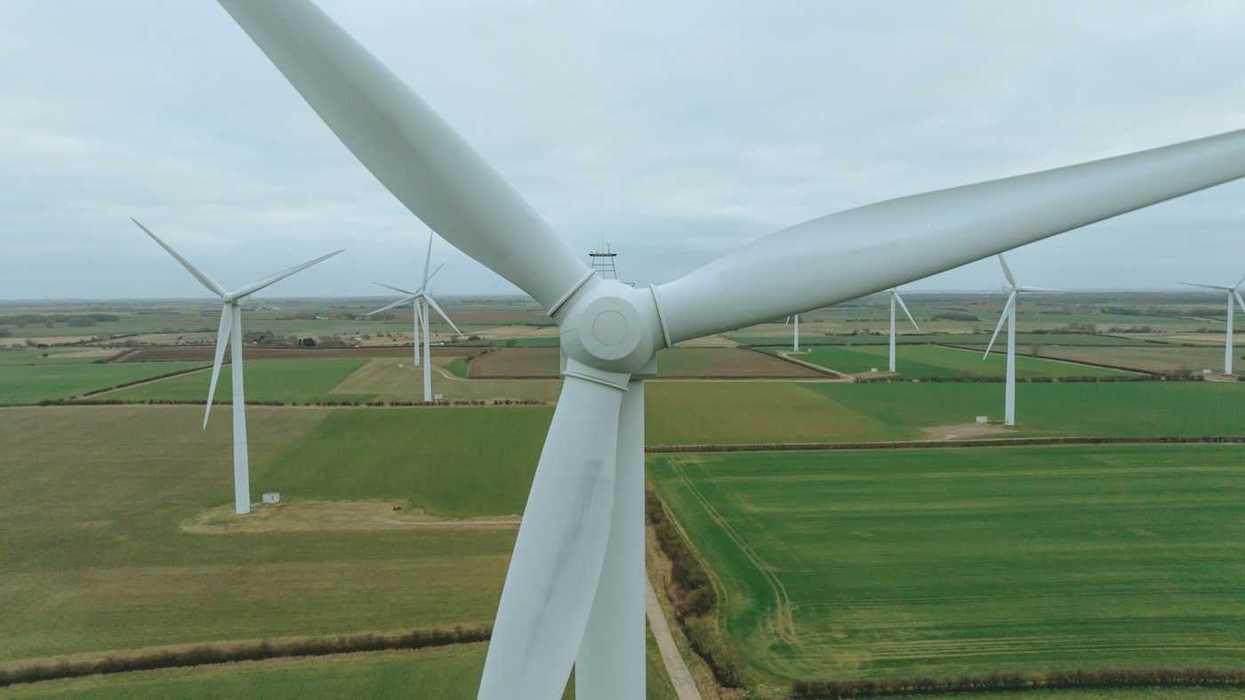A city council in Arlington, Texas, has approved plans for TotalEnergies to drill 10 new gas wells near a daycare center and elementary schools, despite opposition from residents concerned about air pollution and public health.
Dylan Baddour reports for Inside Climate News.
In short:
- Arlington approved a new fracking site for the first time in 12 years, allowing TotalEnergies to drill 10 wells near homes and schools.
- Residents voiced concerns over pollution and health risks, but the council passed the measure unanimously, citing state laws limiting local authority.
- Emissions from fracking sites in the area have been documented, including hydrocarbons and particulates near schools and daycares.
Key quote:
“There’s emissions that are going to come out of every site. They may have them relatively controlled, but they have permission to emit.”
— Tim Doty, pollution monitoring contractor
Why this matters:
The expansion of hydraulic fracturing, or fracking, has long been a point of contention in communities where oil and gas development sits uncomfortably close to homes, schools and daycares. In Arlington, Texas, where a dense population lives near active wells, the risks feel particularly acute. Scientific studies have linked pollutants released during fracking — such as benzene, nitrogen oxides and volatile organic compounds — to respiratory issues, developmental delays and other health concerns, raising alarms about the potential impact on children.
Read more from EHN: "No evidence" that fracking can be done without threatening human health: Report


